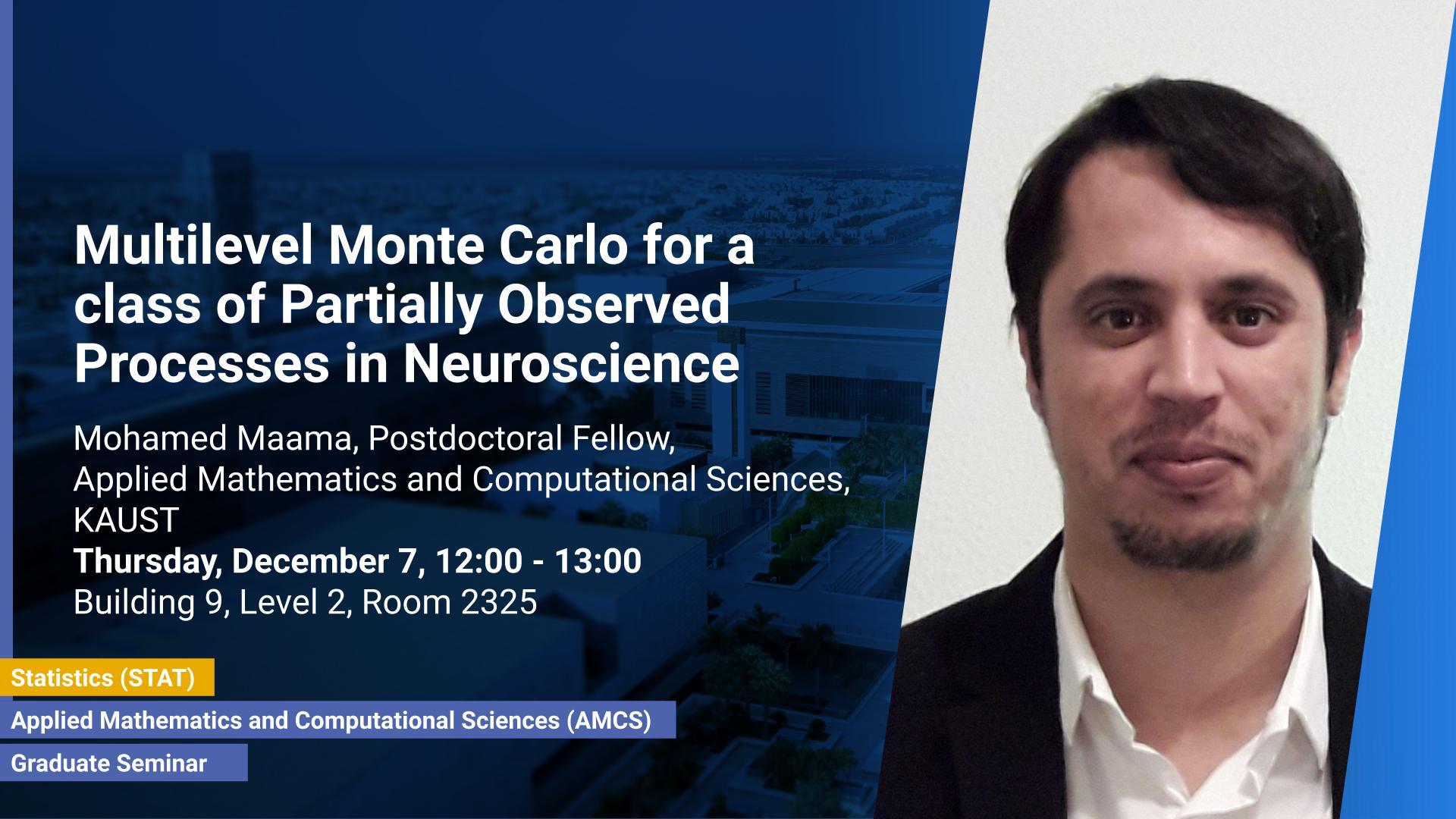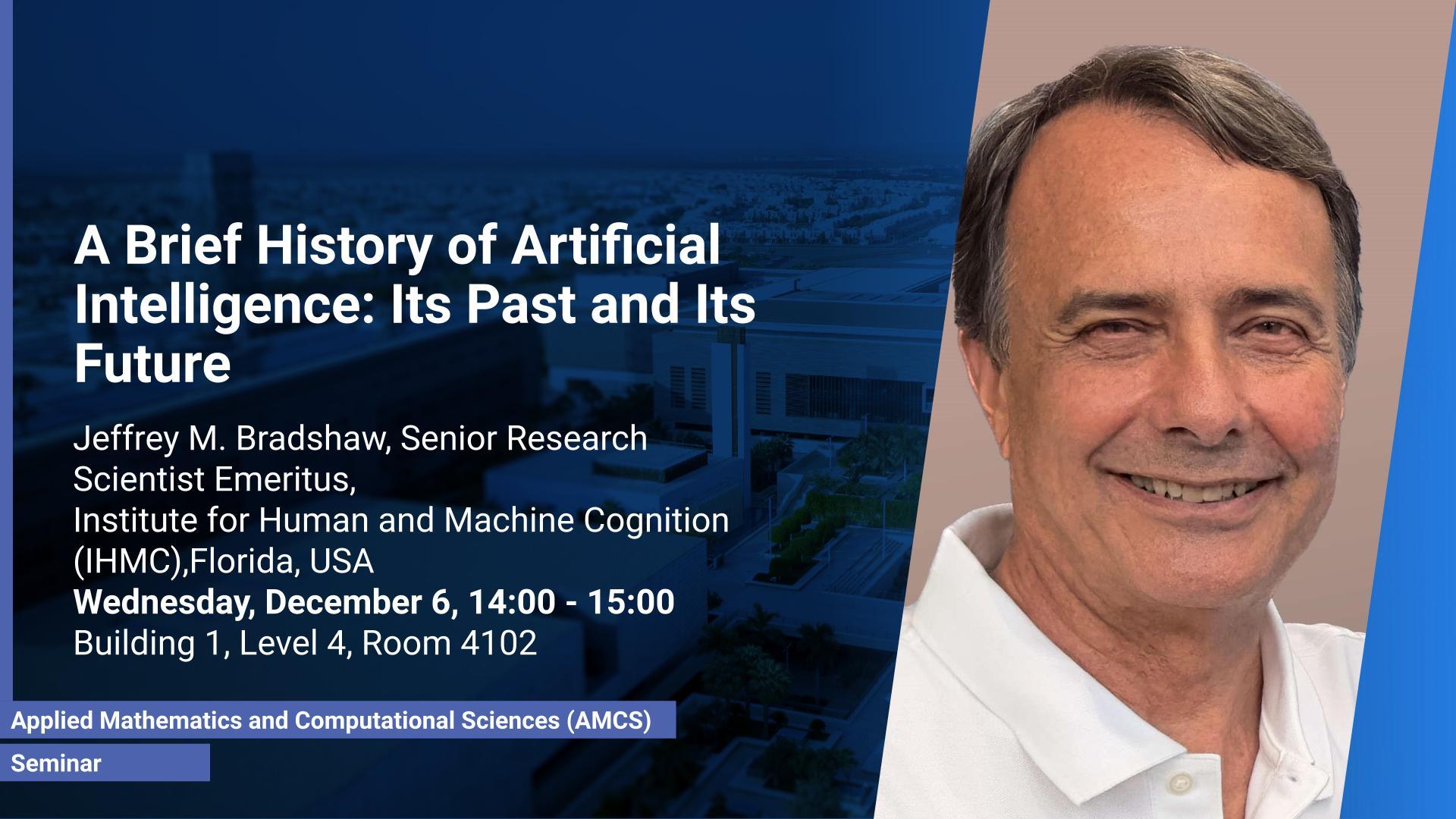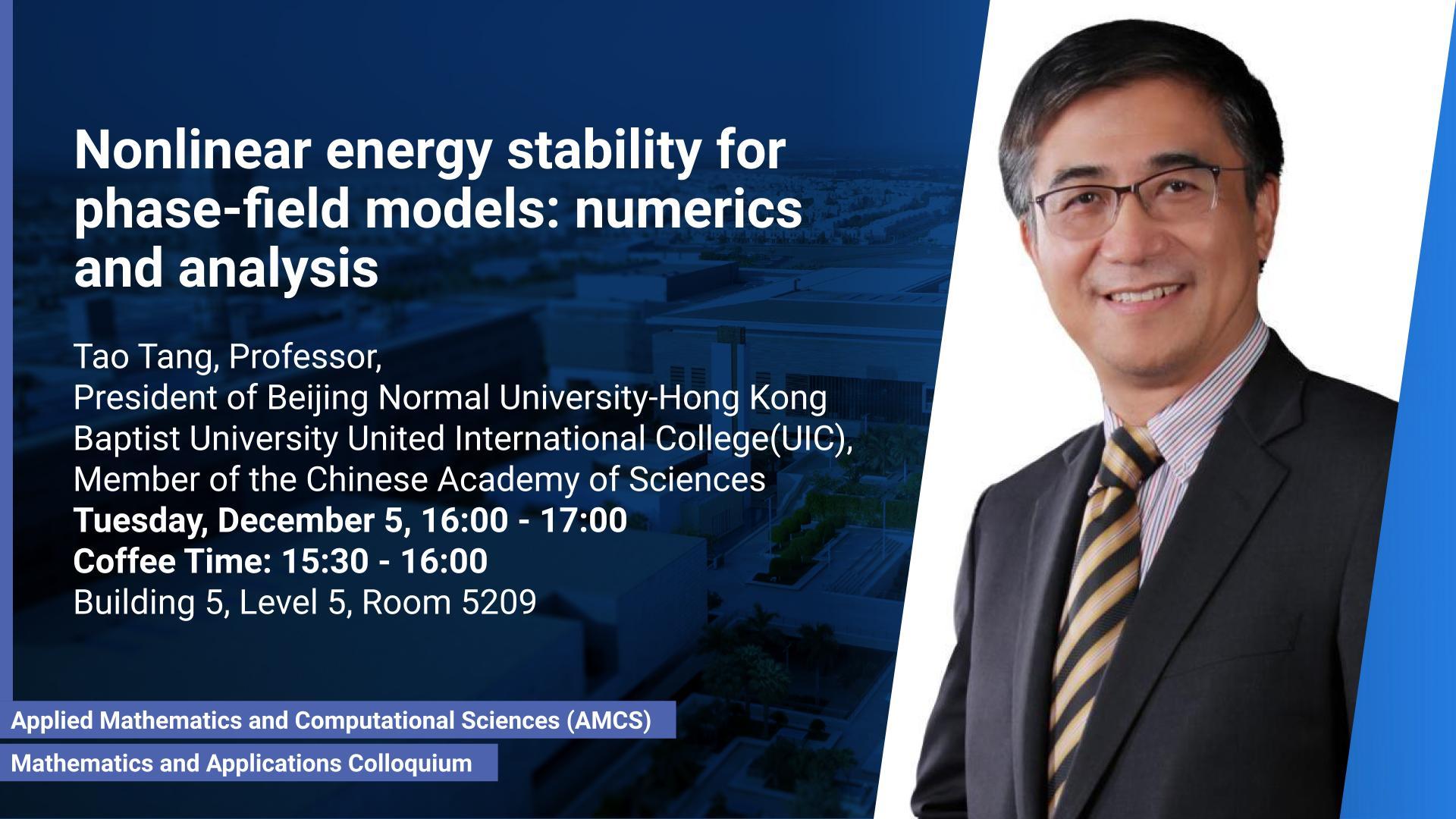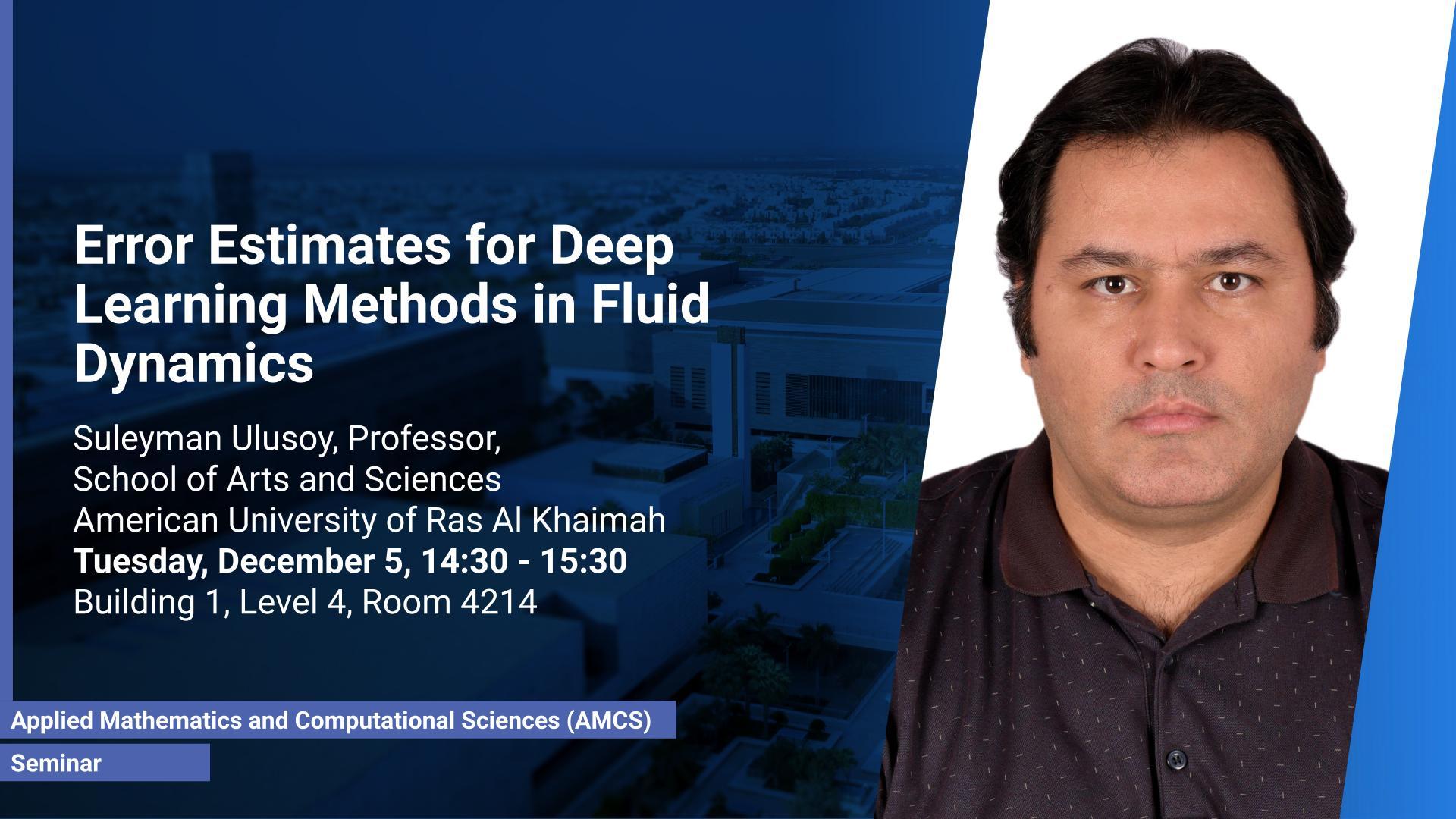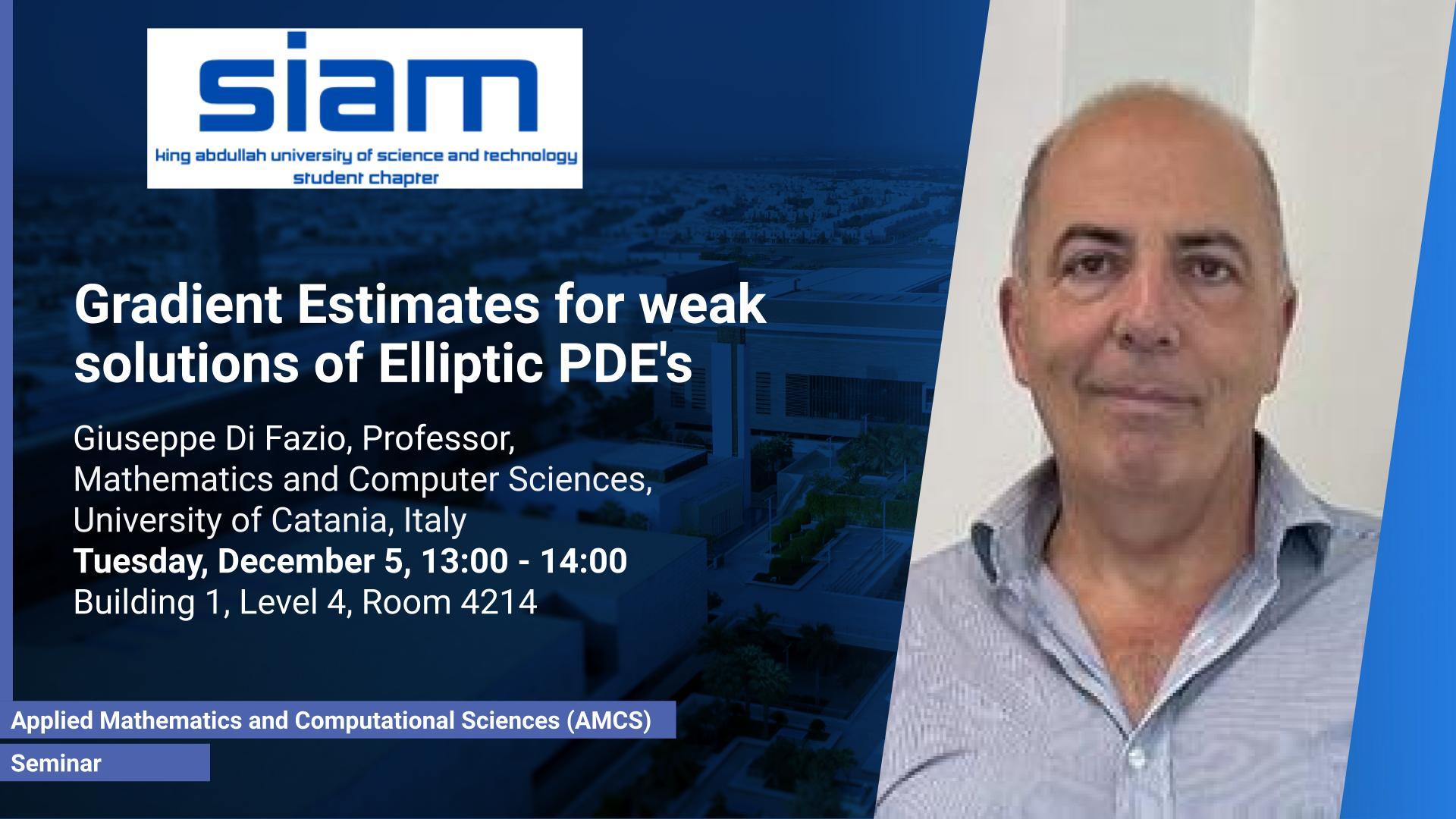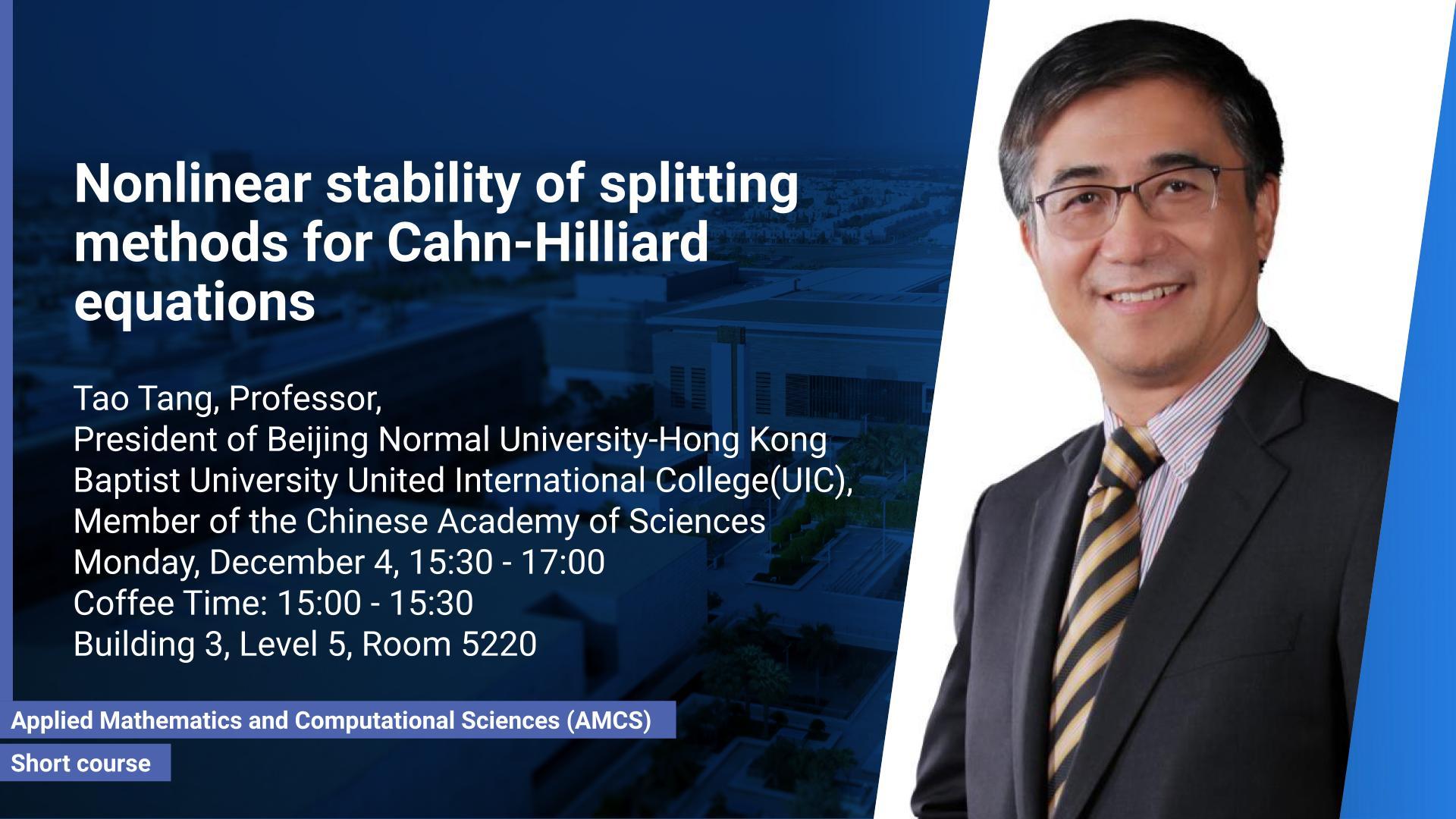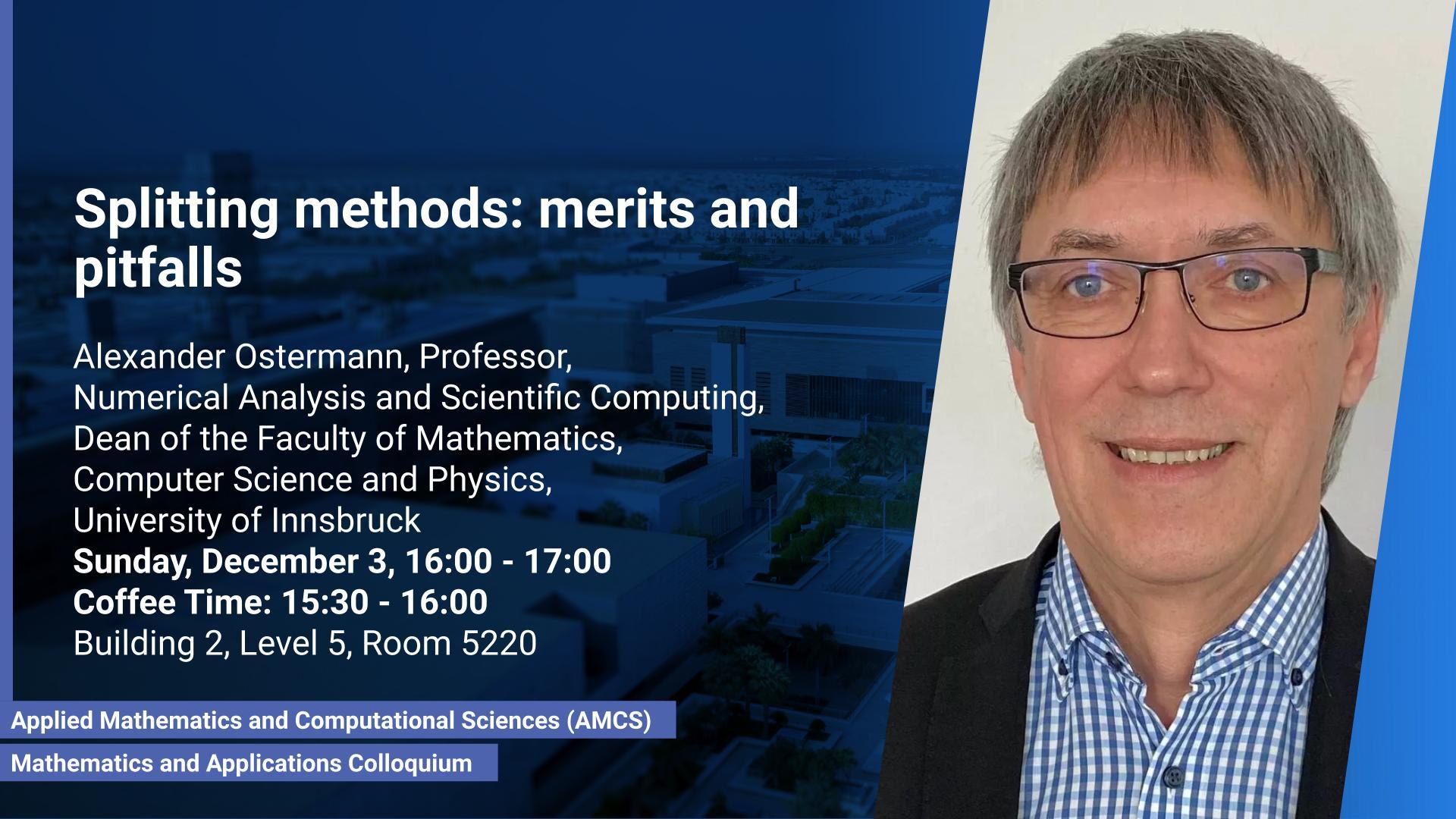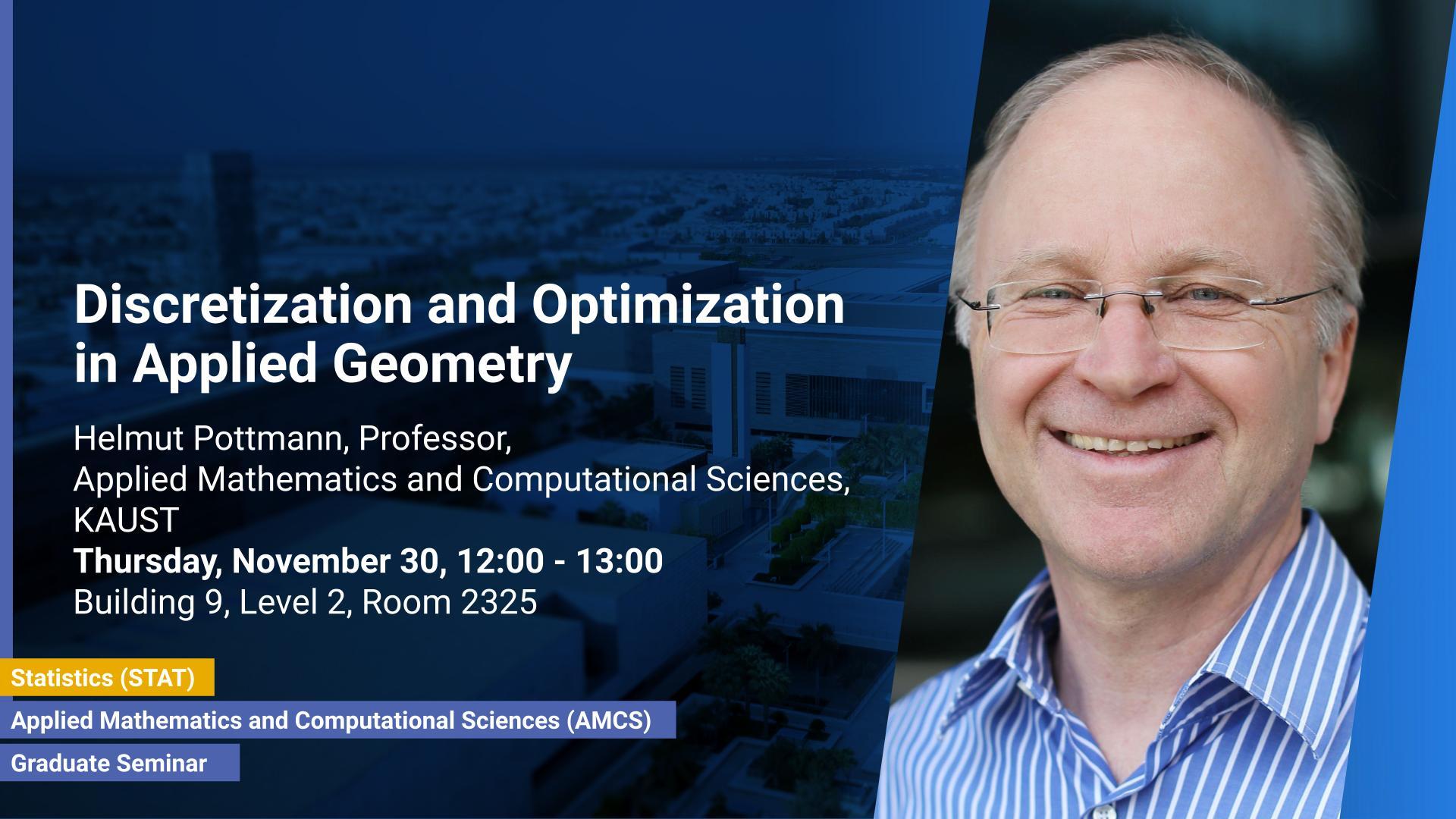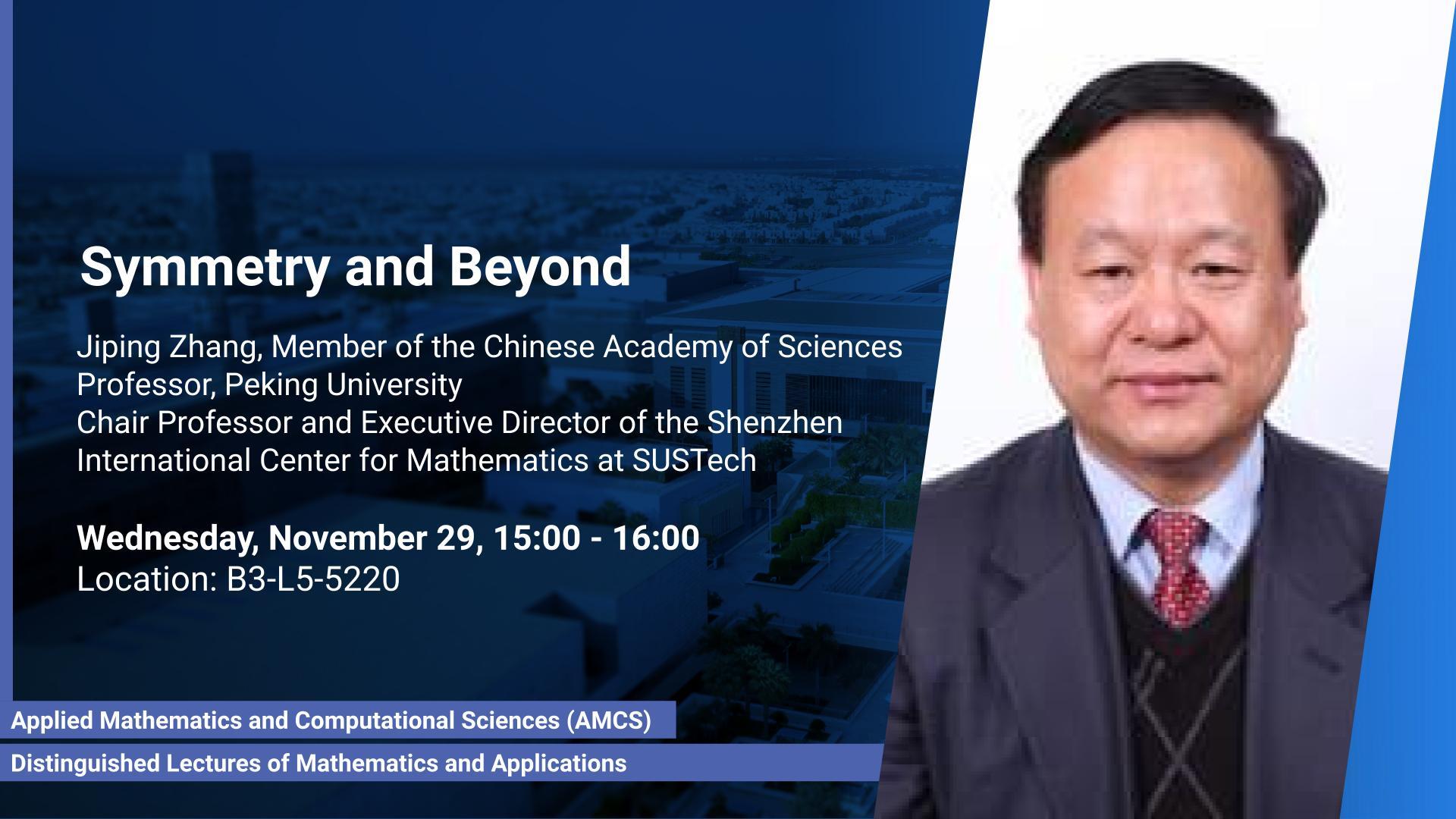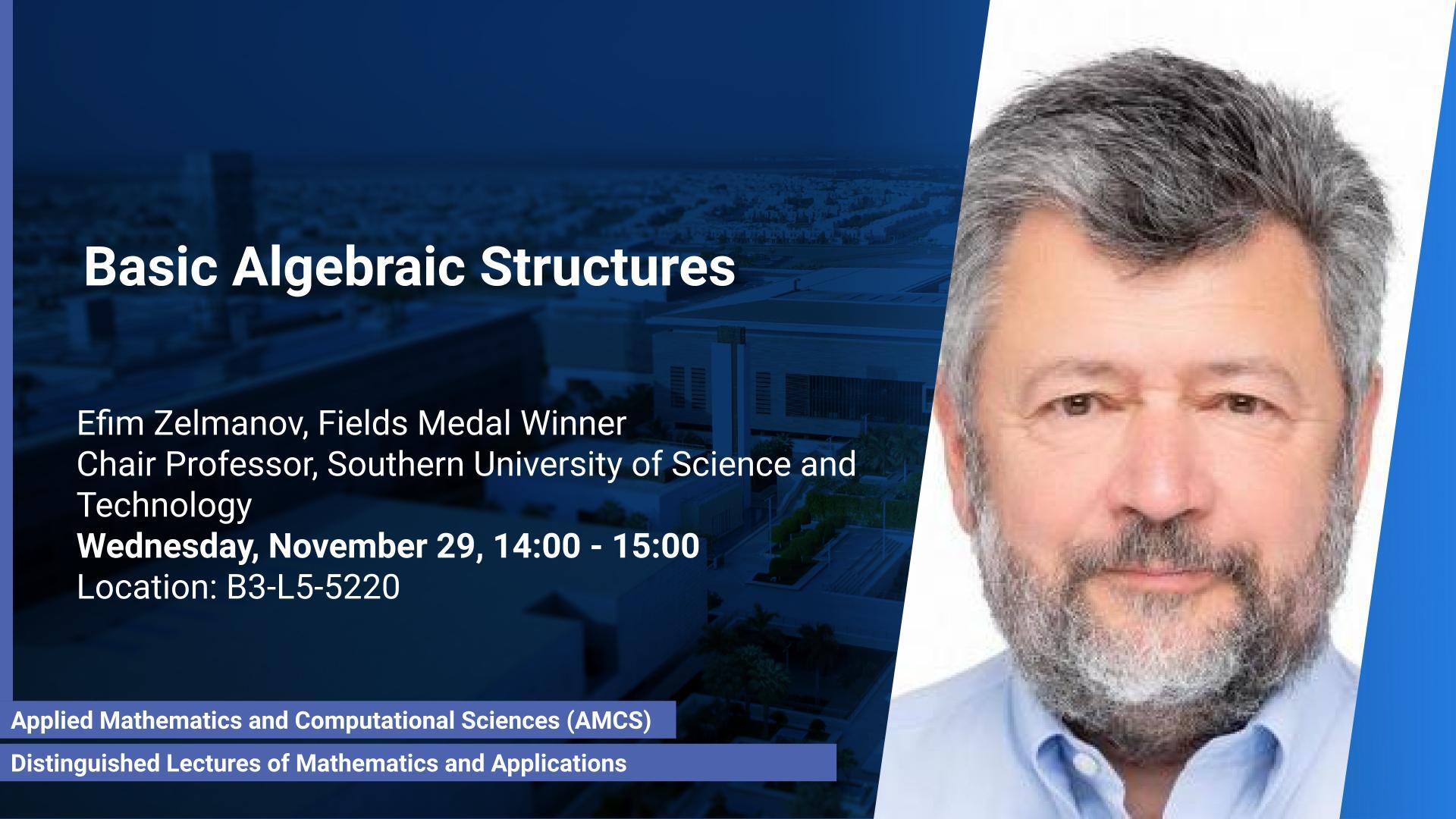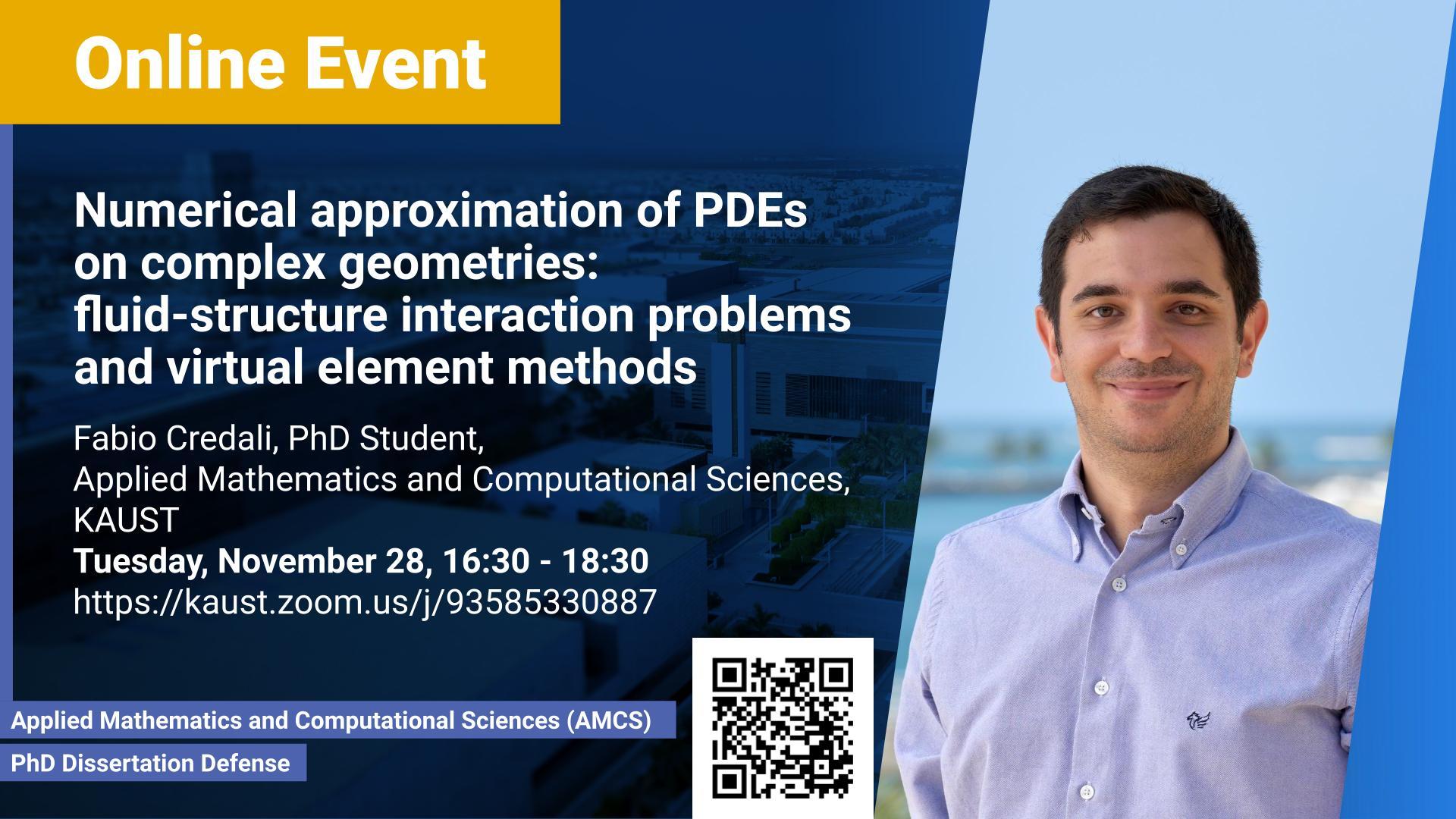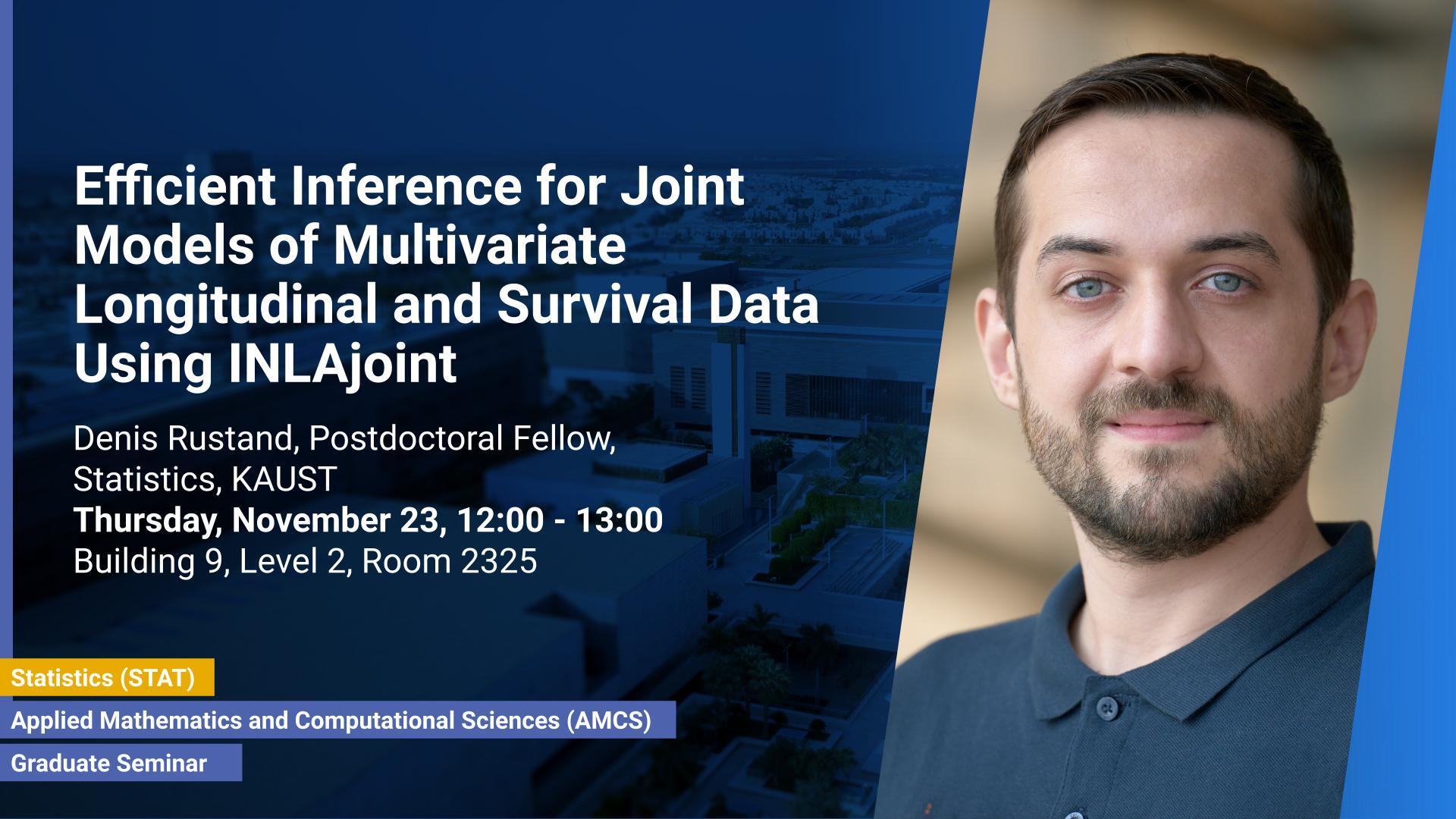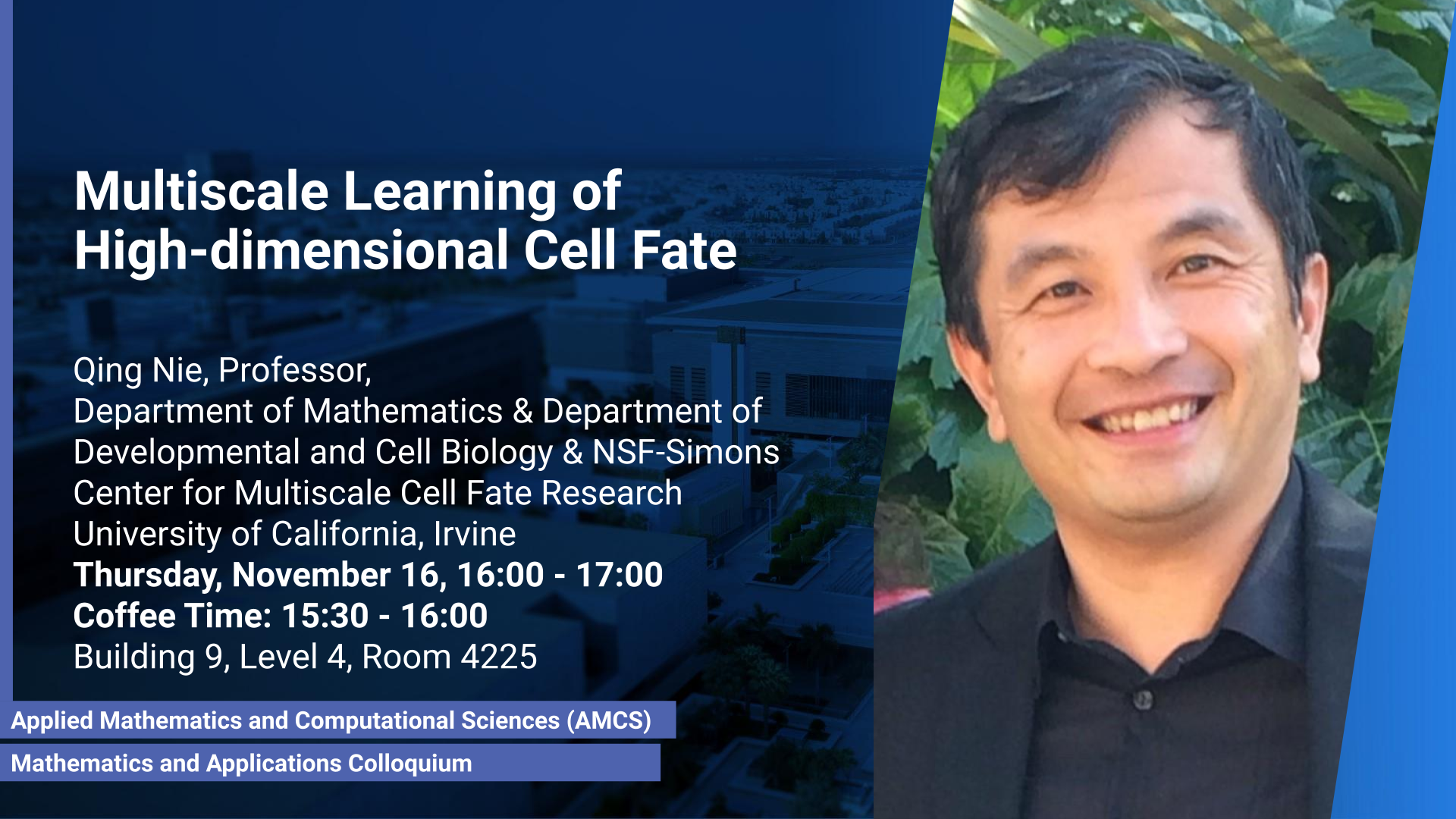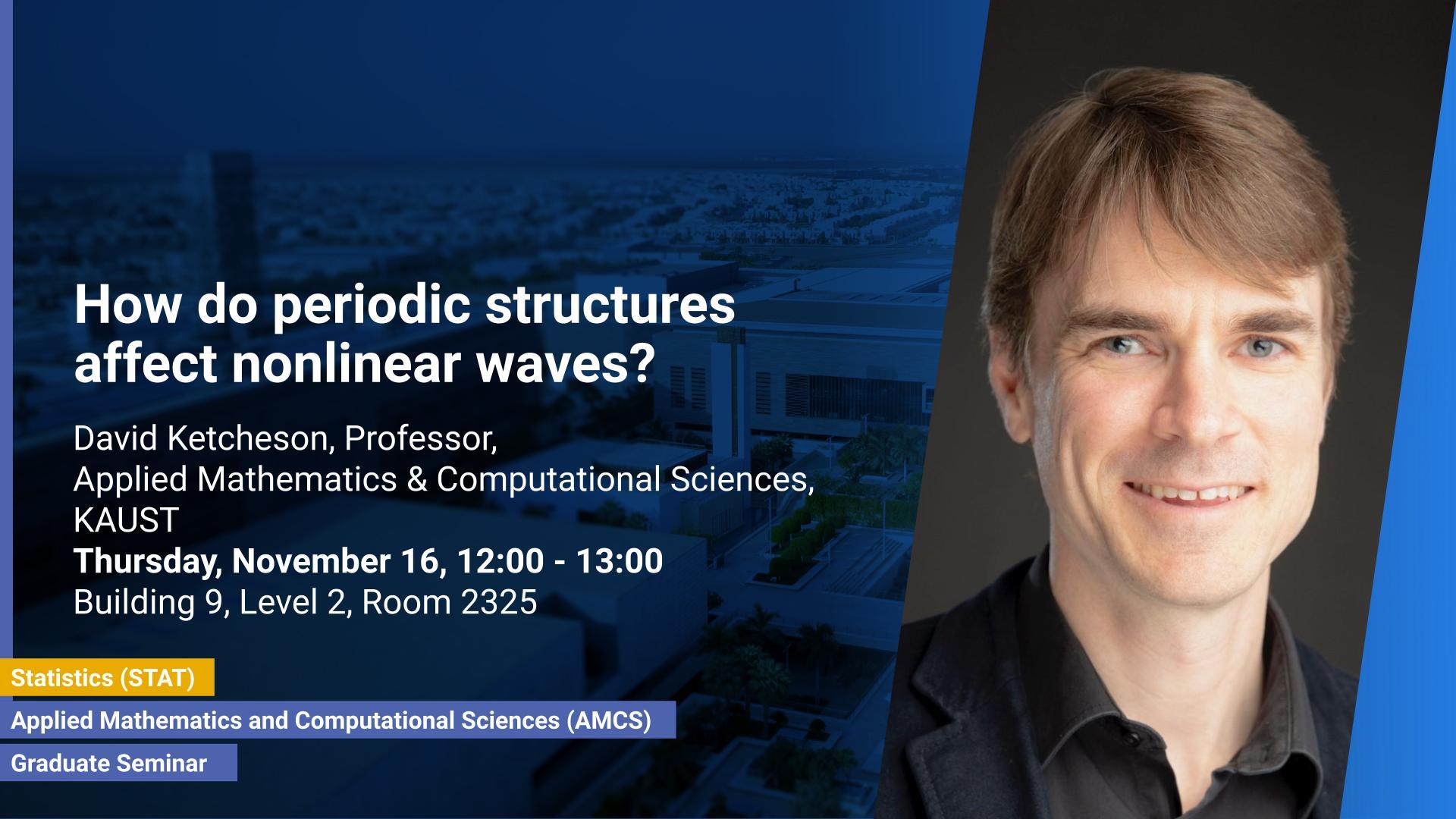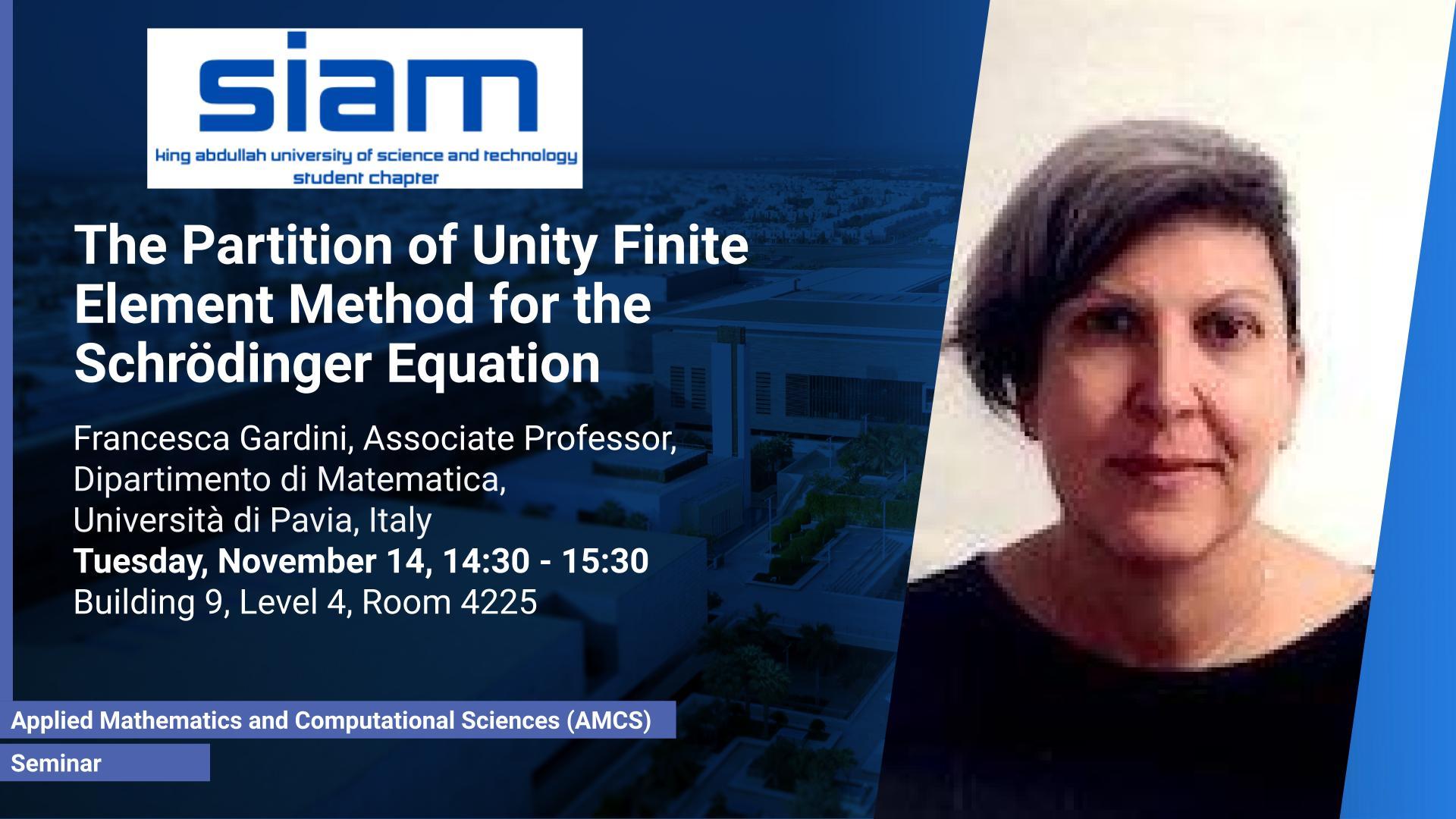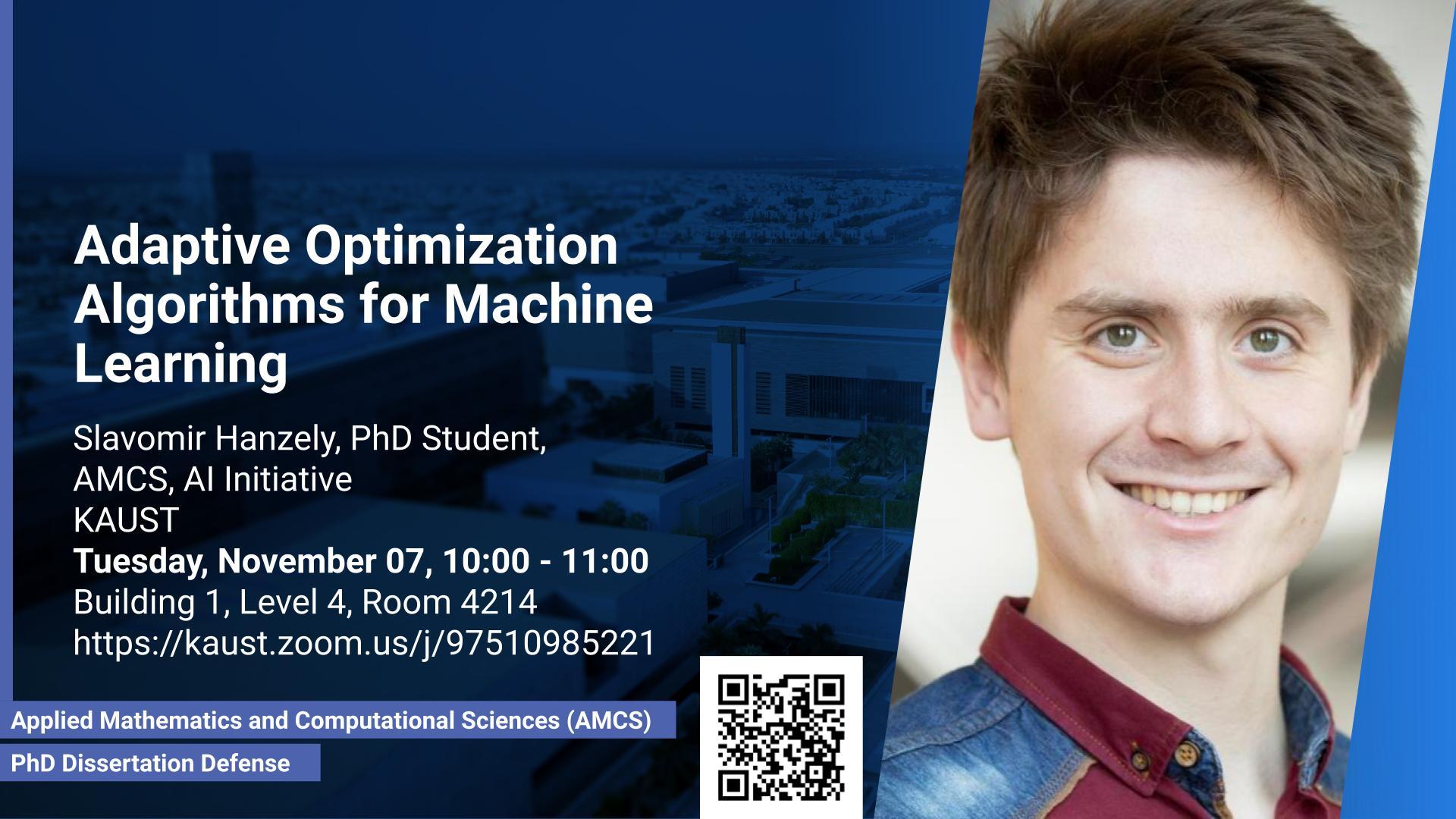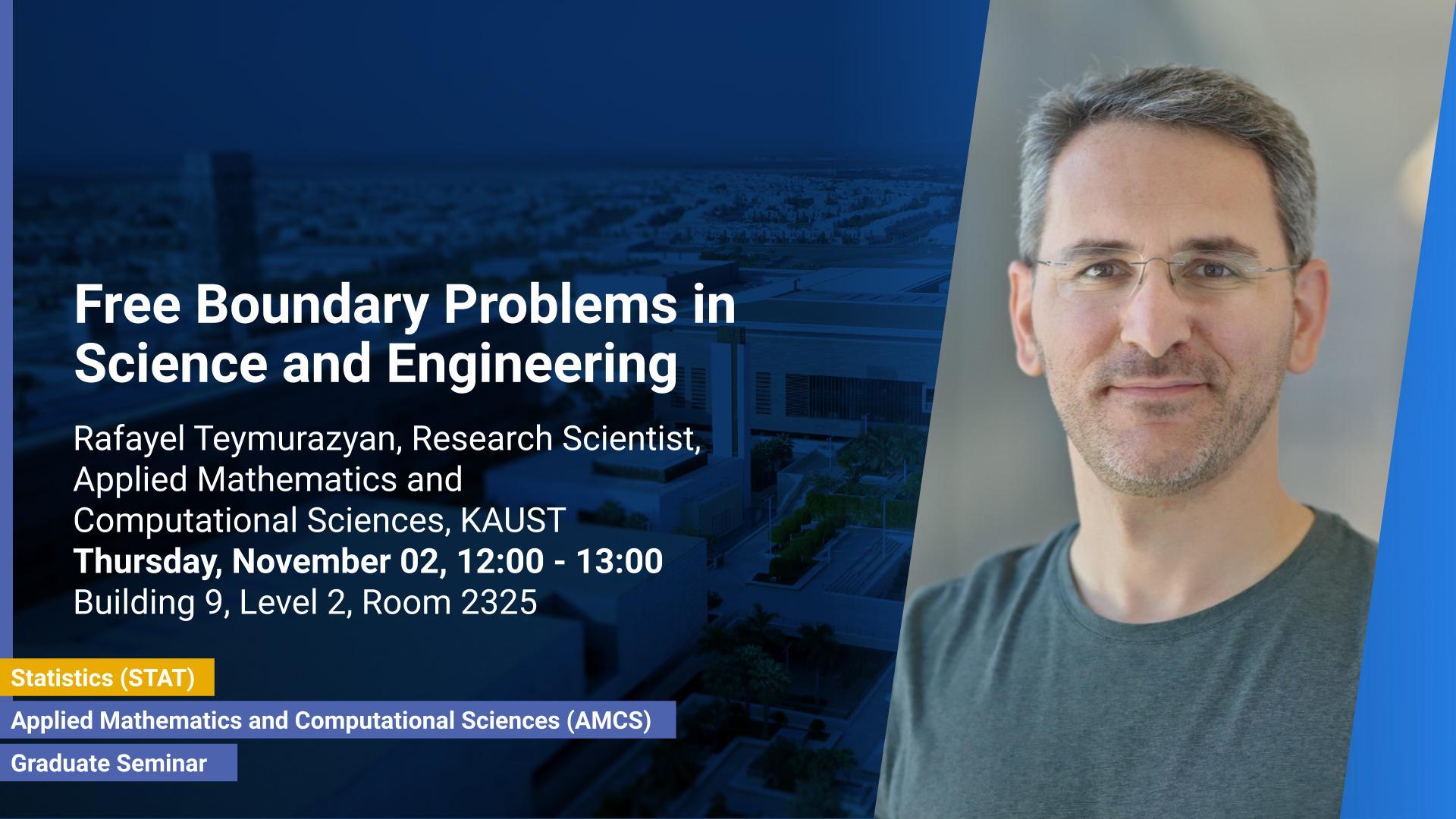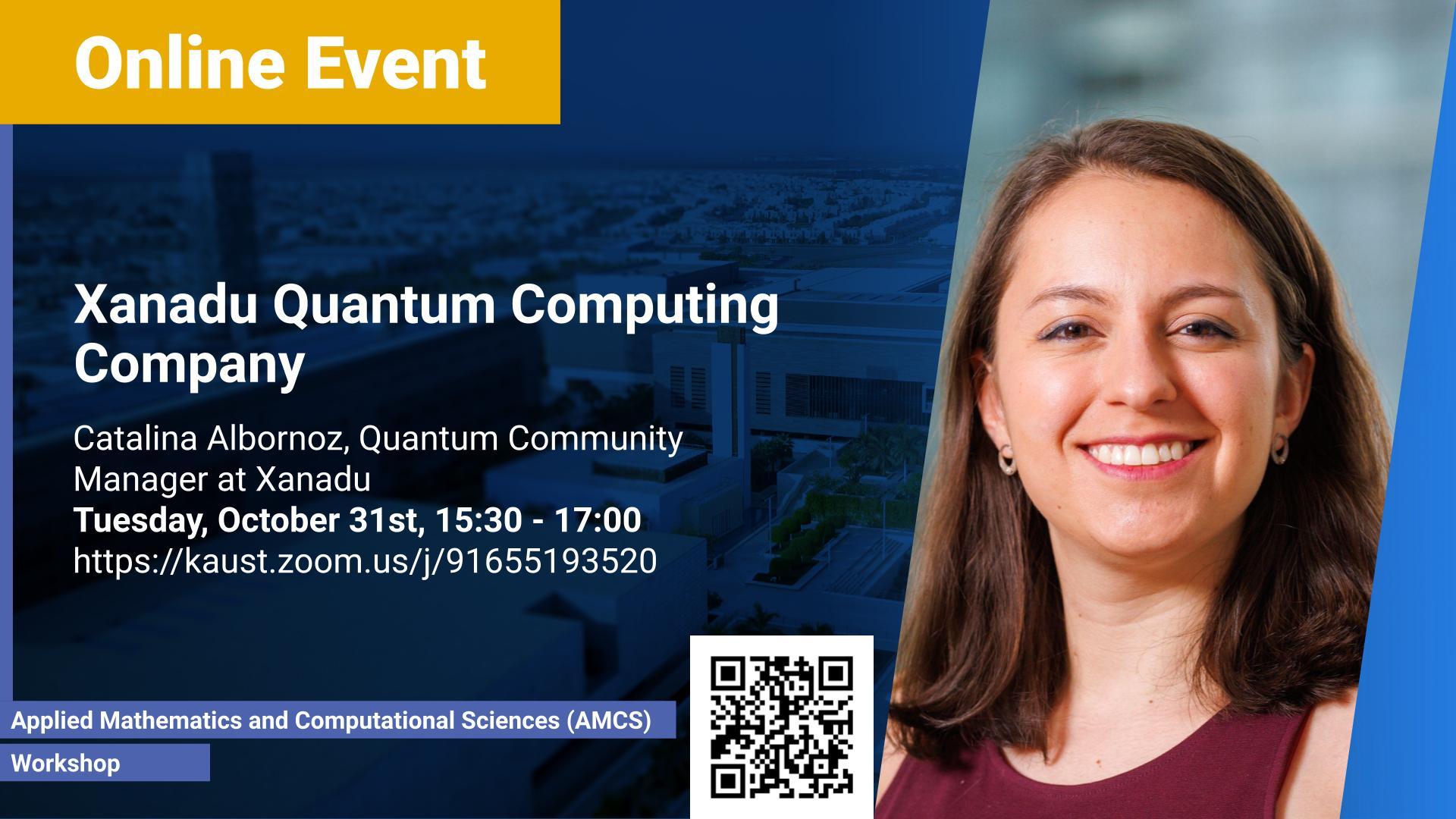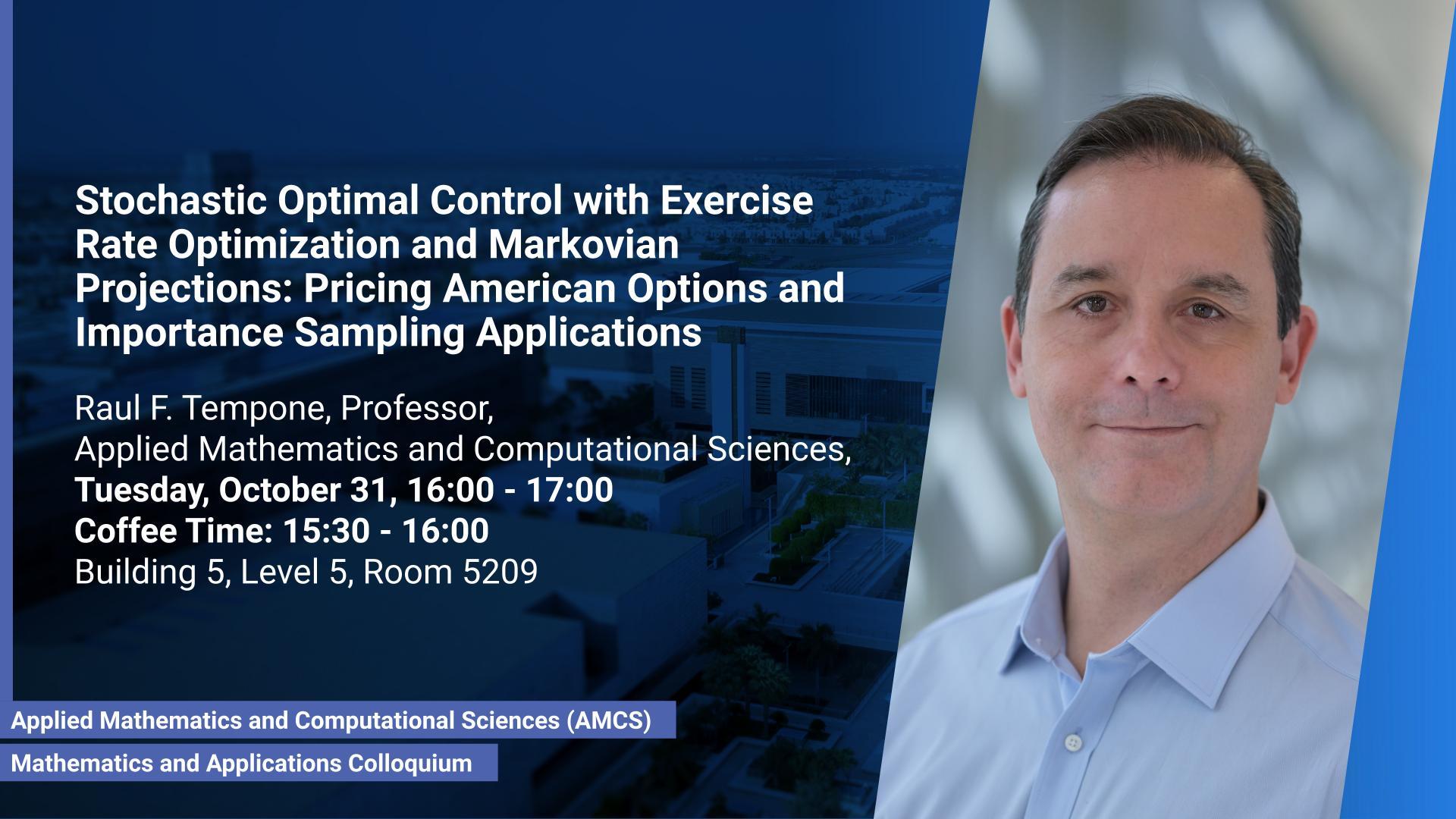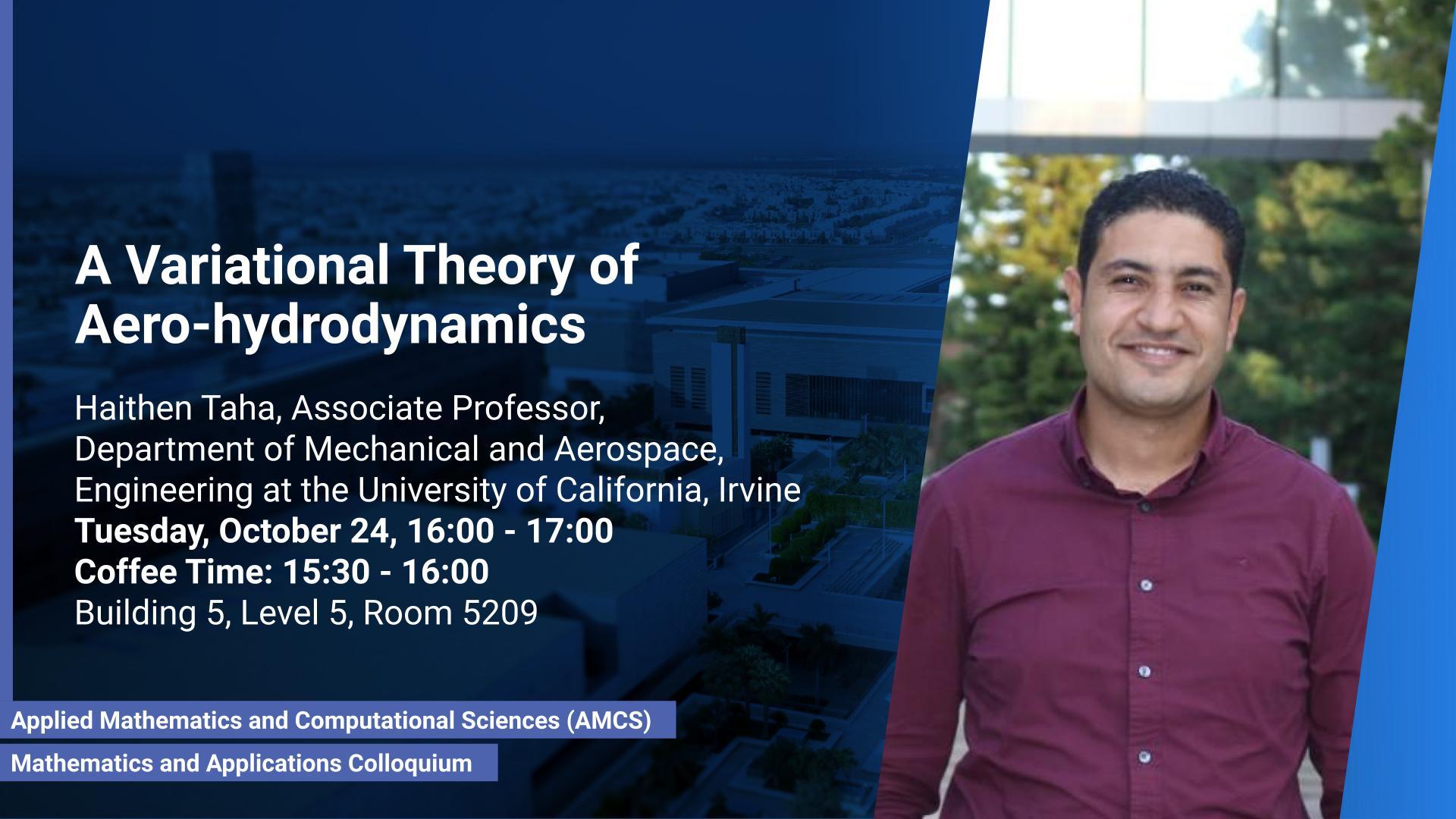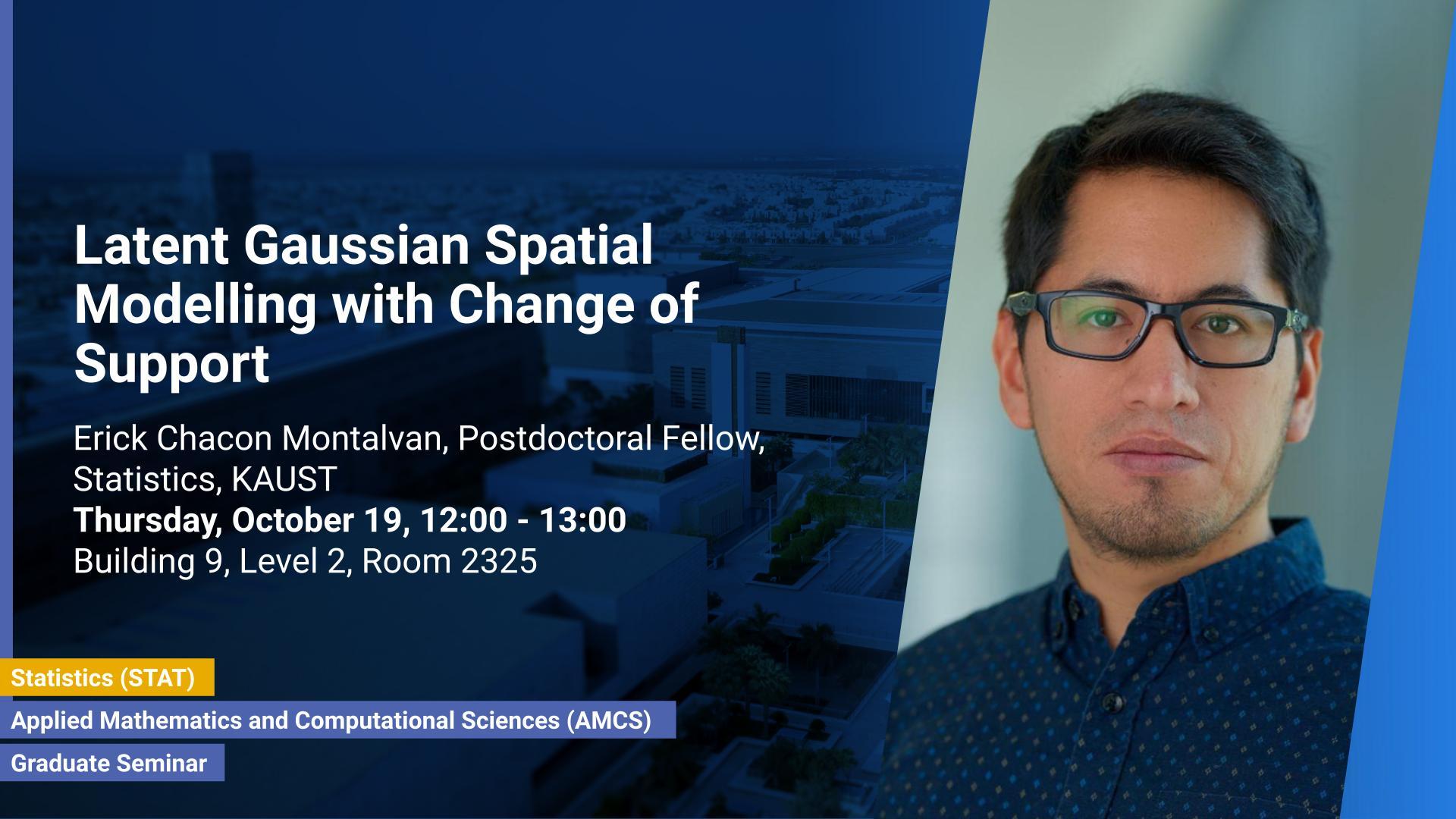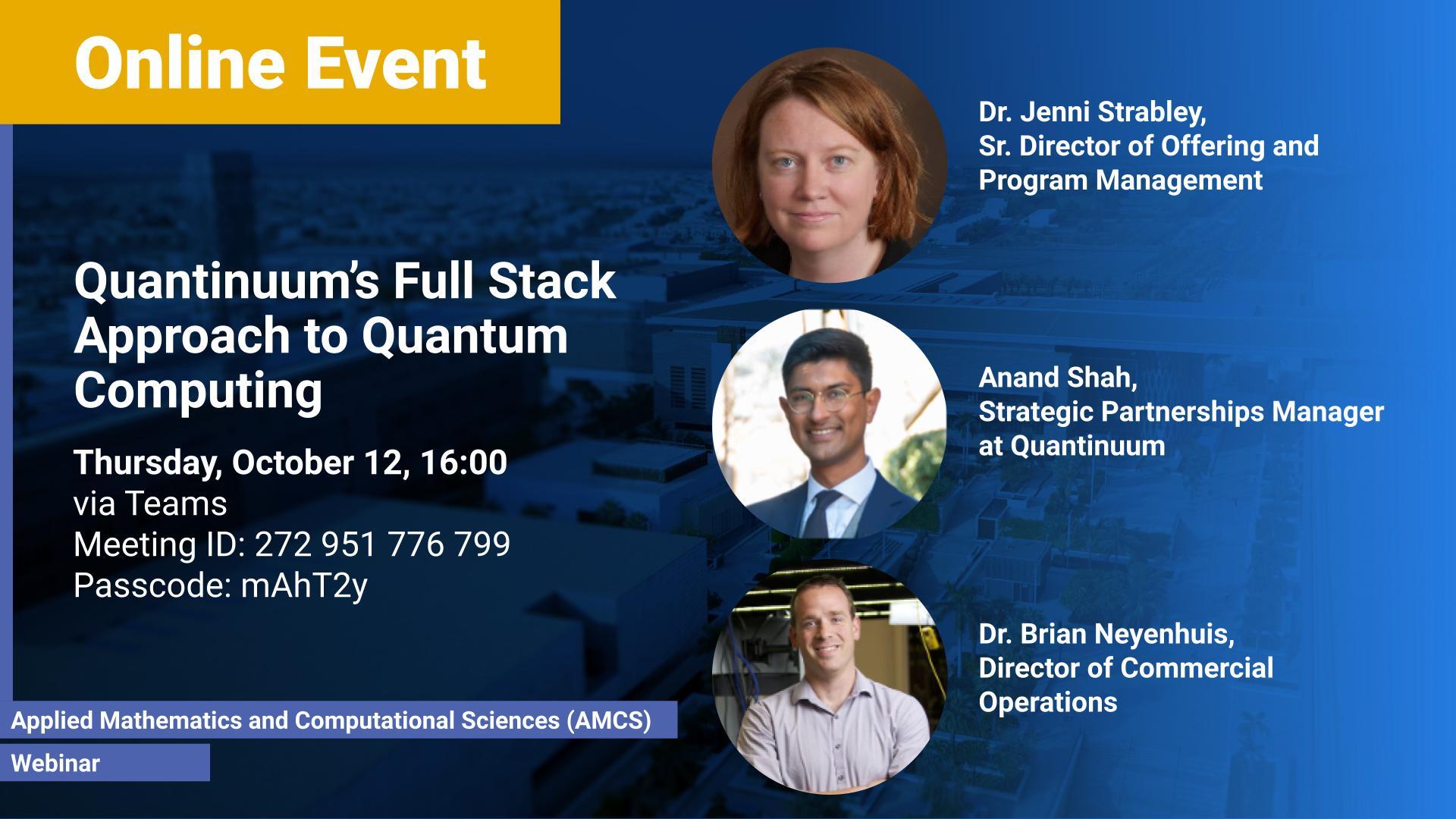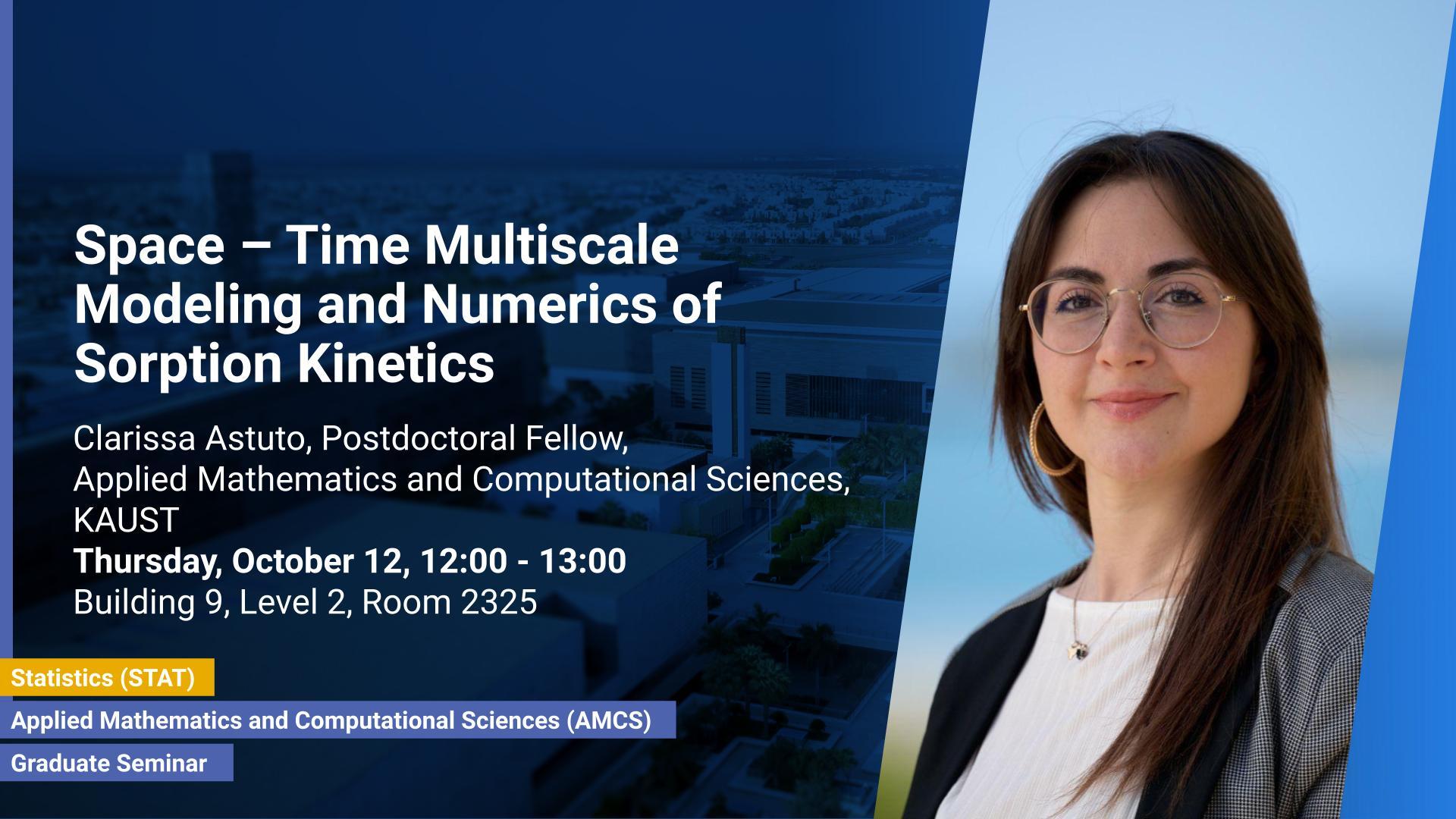Dr. Jenni Strabley, Anand Shah, Dr. Brian Neyenhuis
Thursday, October 12, 2023, 16:00
- 18:00
via Teams Meeting ID: 272 951 776 79; Passcode: mAhT2y
Quantinuum is the world’s largest integrated quantum computing company. Quantinuum has developed the H-Series quantum computers based on a trapped-ion architecture using the unique and highly-scalable QCCD architecture (QCCD = Quantum Charge-Coupled Device), and released its first two generations: the System Model H1 and H2. The H-Series QPUs are well-known for their superior, low noise performance and differentiating capabilities such as all-to-all connectivity and mid-circuit measurement with very low qubit cross talk. Dr. Brian Neyenhuis will discuss how the QCCD architecture enables these differentiators and what researchers can do with the H-Series quantum computers that they cannot do on other commercially available quantum computers. As a full stack quantum computing company, Quantinuum also makes TKET, an open source SDK compiler and optimizer, as well as algorithm and application layers for applications in Machine Learning, Finance, Chemistry, and modeling of Quantum Systems. Anand Shah will review the application and algorithm activities at Quantinuum.
